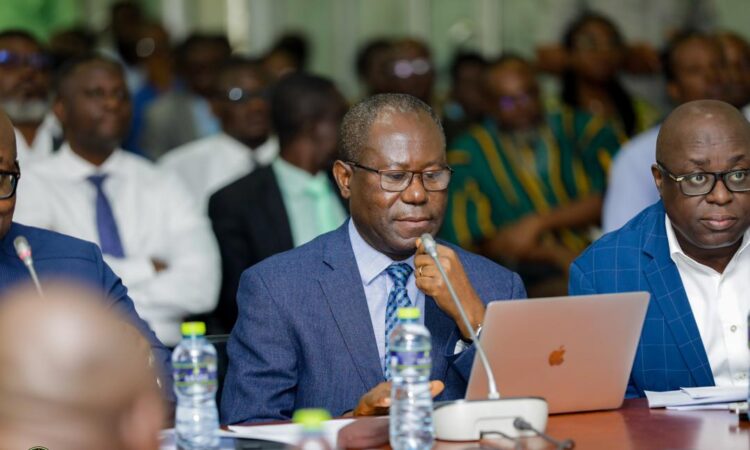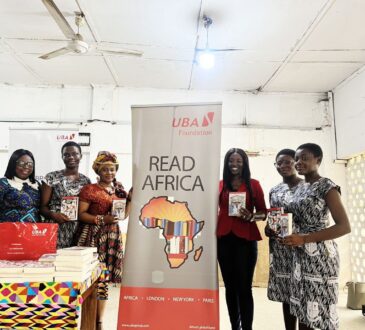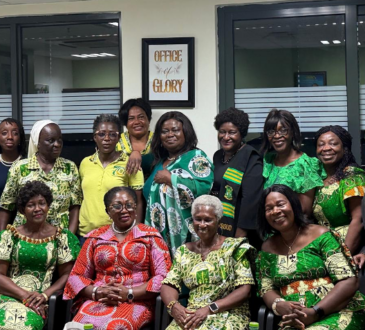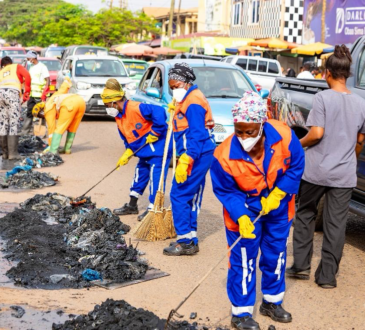COCOBOD’s rehabilitation programme to boost cocoa production …as rehabilitated farms near maturity

The Chief Executive of Ghana Cocoa Board (COCOBOD), Joseph Boahen Aidoo, announced that the handover of rehabilitated diseased farms will boost production for the new crop season starting in October, following the completion of the National Cocoa Rehabilitation Programme.
“We have invested significantly, but production hasn’t yet reflected this because the farms are still young. At the time of the audit, many farms were just one to three years old, which is too early to see returns. However, we expect production to increase soon as many farms are now mature and ready for handover. With these farms now fruiting, the production curve should shift accordingly,” Aidoo stated.
Ghana’s cocoa output dropped to 600,000 metric tons last year, down from a peak of 1.048 million tons in the 2020/21 season. The decline was due to the Cocoa Swollen Shoot Viral Disease (CSSVD), aging plantations, illegal mining, and smuggling. The disease has devastated about 500,000 hectares of farmland, significantly impacting the country’s cocoa production.
During a session at the Public Accounts Committee (PAC) in Parliament, the Member of Parliament for Fanteakwa South questioned Mr. Boahen Aidoo about COCOBOD’s rising expenditure, which has increased by almost 70%. In response, Mr. Aidoo explained that the primary reason for the rise in administrative costs is COCOBOD’s CSSVD rehabilitation program.
Given the absence of a chemical cure, infected trees must be cut down and replanted, a process beyond farmers’ capabilities. COCOBOD secured significant funding from the African Development Bank (AfDB) in 2020, after initial funding in 2019, with major investments into the program beginning in 2020/2021.
A project document revealed that $132.8 million from a government-secured loan, along with counterpart funding, will finance COCOBOD’s farm rehabilitation and enhance knowledge of the virus strains. In 2018, COCOBOD used part of a $600 million AfDB loan to rehabilitate aging and diseased plantations.
The programme, initially designed to cover 156,000 hectares of plantations, faced challenges due to Ghana’s severe economic crisis, marked by soaring inflation and a sharp cedi depreciation.
Despite these challenges, official COCOBOD data as of January 2024 indicates that 61,656 farms covering 67,385.43 hectares have been successfully rehabilitated.
By Eugene Davis







